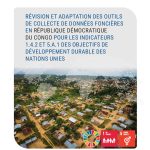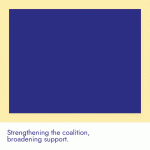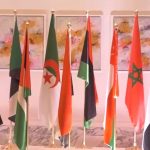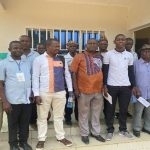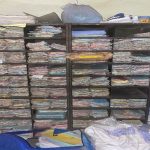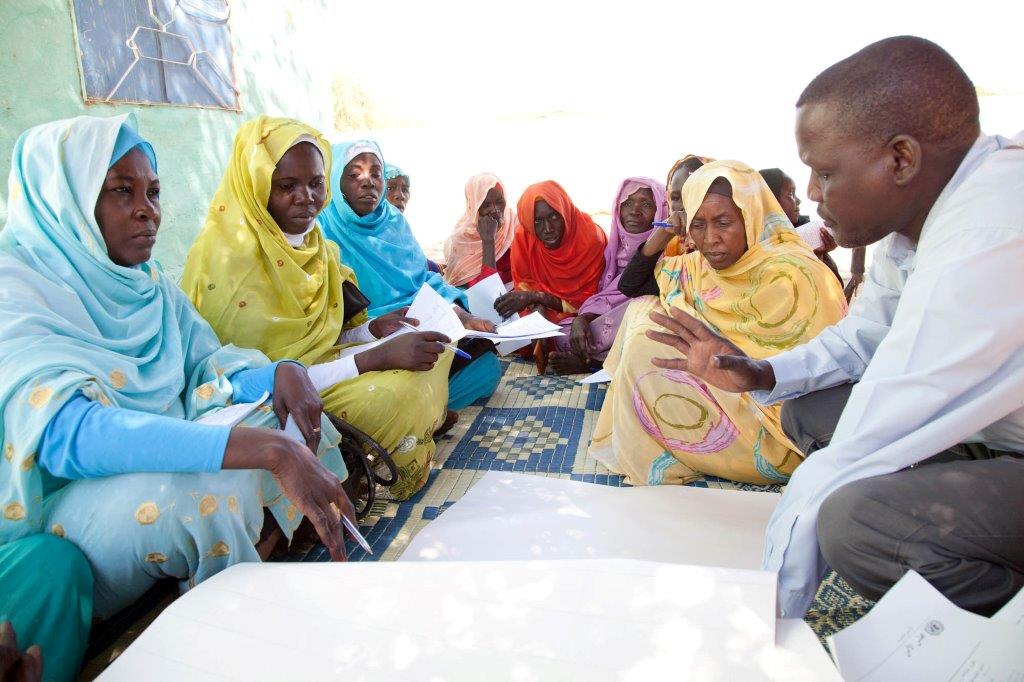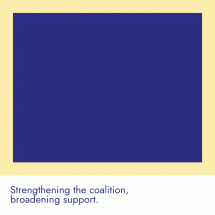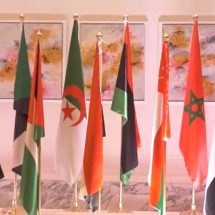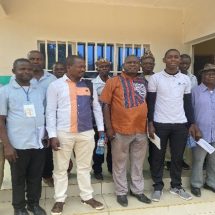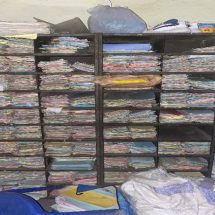The Darfur Land Conference, themed Strengthening Community Peace, took place in Khartoum, Sudan on the 10th and 11th December 2018, building on the successful Sudan Land Conference, held on the 15th and 16th April 2018 to discuss challenges and opportunities for peace and stability through good land governance. The conference was organized by the Darfur Land Commission, with the support of UN-Habitat, the Global Land Tool Network (GLTN), UNDP, FAO, the UN Resident Coordinator Office and the Qatar Fund for Development.
Held under the patronage of the Sudan Vice President, His Excellency Dr. Osman Mohamed Yousuf Kibir, a large and diverse audience gathered at the conference including the representatives of line federal ministries, state ministries, localities, major tribes, Native Administration, nomads and farmers’ associations, UN agencies, donors, academia and private sector. Concrete actions on priority land issues were debated upon, such as the recognition and recordation of land use and ownership rights of farmers and herders, the resolution of land disputes and the legal, institutional and administrative frameworks regulating land issues in Darfur and Sudan.
Following the Doha Declaration that marked the end of the Darfur conflict in 2011, resolving land issues has been broadly acknowledged as critical for strengthening the country’s social fabric and economic stability, and to create durable solutions for IDPs and returnees who fled from their home during the conflict.
The Declaration stresses the need to secure the housing, land and property rights for IDPs and returnees, noting that “individuals in the local communities may register their customarily owned land as their own lands”.
Hence the just concluded Darfur Land Conference is an important milestone in the implementation of the Doha Declaration and in the process of peace and reconciliation, paving the way for sustainable social and economic development in the five Darfur states and Sudan as a whole. The Vice President, His Excellency, Dr. Osman Mohamed Yousuf Kibir, acknowledged the importance of such discussions in finding solutions that work for everyone to address complex issues such as land. He welcomed continued dialogue and further consultation among all the stakeholders present at the conference. The Head of the Darfur Peace Office, Majdi Kalfallah, recognized the importance of making land available to facilitate voluntary return of refugees and IDPs and its significance in the stabilisation of the region.
UN-Habitat and the Global Land Tool Network (GLTN) will continue supporting the Darfur Land Commission and the other relevant institutions in Darfur and Sudan to find land-related solutions for the protection of the housing, land and property rights of the vulnerable people and for the overall reform of the Sudan land sector. Research, capacity development, provision of technical support and knowledge sharing will be some of the initiatives that will be taking place in the months ahead.
The following key recommendations emerged from the workshop which are important for UN-Habitat and GLTN ‘s support of the Darfur Land Commission and its program ‘Strengthening Land Management for Peaceful Co-existence in Darfur’:
- The Darfur Land Commission should continue to undertake research and studies for the different sectors. UN-Habitat and GLTN are undertaking a status and capacity assessment of land administration at the state, local and Native Administration levels to support capacity development.
- As per the Doha Peace Agreement, the government should consider amending the land use laws so that customary law can be legalized. This may involve amendment of state constitutions, at the federal and state levels and through state councils. Creative mechanisms should be developed to distribute the use of natural resources in a just manner between different co-existing ethnic groups in one geographic area. This should be based on custom and tradition. UN-Habitat and GLTN’s status and capacity assessment report reviewed, from an HLP perspective, the land use laws at the local level to understand how statutory and customary law can work better together to manage the land and how the natural resources between different co-existing ethnic groups can be better shared.
- An intensive technical training program should be undertaken for the different states and the different state ministries, including the Regional Authority, to support knowledge transfer and make use of the natural resource maps being produced by the NRD project. UN-Habitat and GLTN’s status and capacity assessment should identify some of the capacity gaps and the training needs and have already started technical training of local Darfur government officials in the five states.
- New technology should be adopted in villages to strengthen environmentally friendly rehabilitation and reconstruction by returnees. These technologies should create livelihoods for local people. UN-Habitat and GLTN through the program to ‘Strengthen Land Management for Peaceful Co-existence in Darfur’ has undertaken consultations, sketch mapping and technical knowledge transfer for 50 villages in Darfur. This work is being scaled up through the use of basic planning for voluntary returns, software for community based mapping and training for the state and localities. UN-Habitat has also been supporting the use of environmentally friendly building materials for reconstruction.
- Land registration should be halted in conflict areas until there is peace. This will protect the land rights of people who are returning to their land. UN-Habitat and GLTN’s program to ‘Strengthen Land Management for Peaceful Co-existence in Darfur’ supports the security of tenure of vulnerable people in Darfur including voluntary returns.

